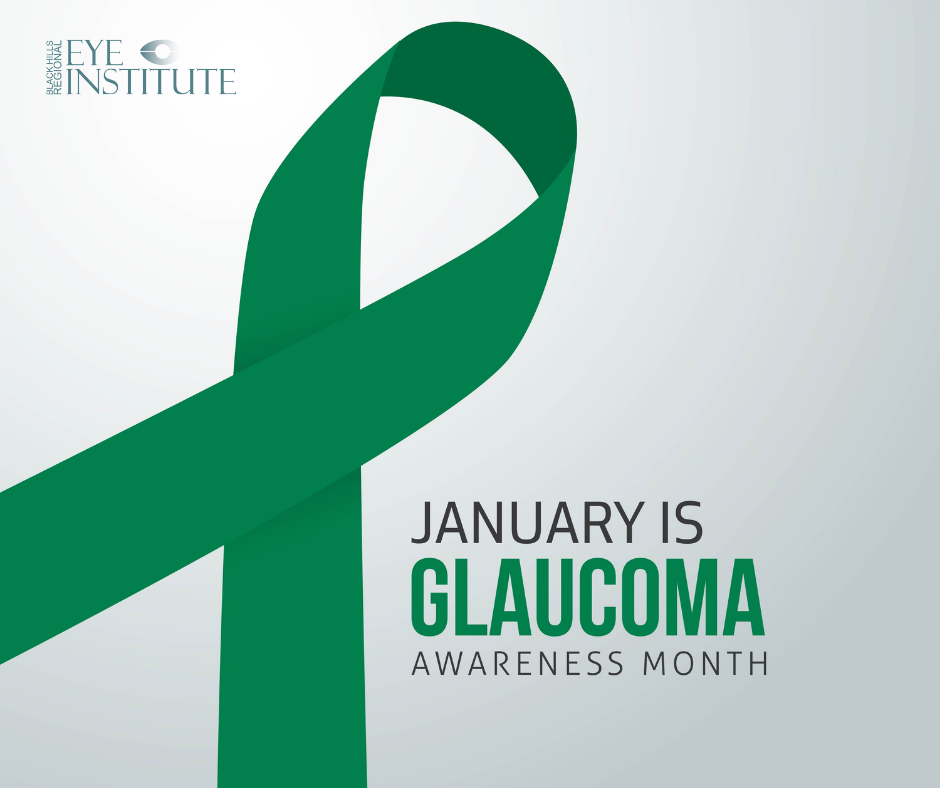Did you know that glaucoma affects over 60 million people worldwide and is the leading cause of irreversible blindness? With January being Glaucoma Awareness Month, it is the perfect time to raise awareness about this condition and the importance of regular eye examinations in detecting glaucoma in the early stages.
What is glaucoma?
Referred to as the “sneak thief of sight” due to its lack of symptoms and ability to cause permanent vision loss, glaucoma is a result of damage to the optic nerve, which connects the eye to the brain. This usually occurs because of high pressure in the eye.
Who is at risk of glaucoma?
Although there are many kinds of glaucoma, the most common type is hereditary, making it crucial for you to know your family’s eye history and relay it to your doctor. This is particularly important if you have a sibling that has been diagnosed with glaucoma, as that significantly increases your risk. Glaucoma primarily affects the middle-aged and the elderly, but it can afflict those of all ages. Diabetics and people who are severely nearsighted are also groups who are at high risk for glaucoma.
What are the signs of glaucoma?
Since vision loss due to glaucoma first occurs with peripheral or side vision, many people do not notice anything until as much as 40% of vision is lost. This makes annual comprehensive eye exams essential in catching glaucoma early and beginning treatment in order to preserve vision. The most common test for glaucoma is a measurement of pressure in your eye.
What is the treatment for glaucoma?
Currently, there is no cure for glaucoma. However, early detection and treatment by a specialist can prevent further vision loss.
The Black Hills Regional Eye Institute is incredibly grateful to have a specialist in glaucoma, Dr. Jorgensen, on hand to provide quality care to our patients. Dr. Jorgensen has been trained in prevention procedures and participates in clinical research trials that aim to help the over 3 million Americans that suffer from glaucoma.
Reduce your risk of vision loss by contacting your optometrist to schedule your annual eye exam today!


